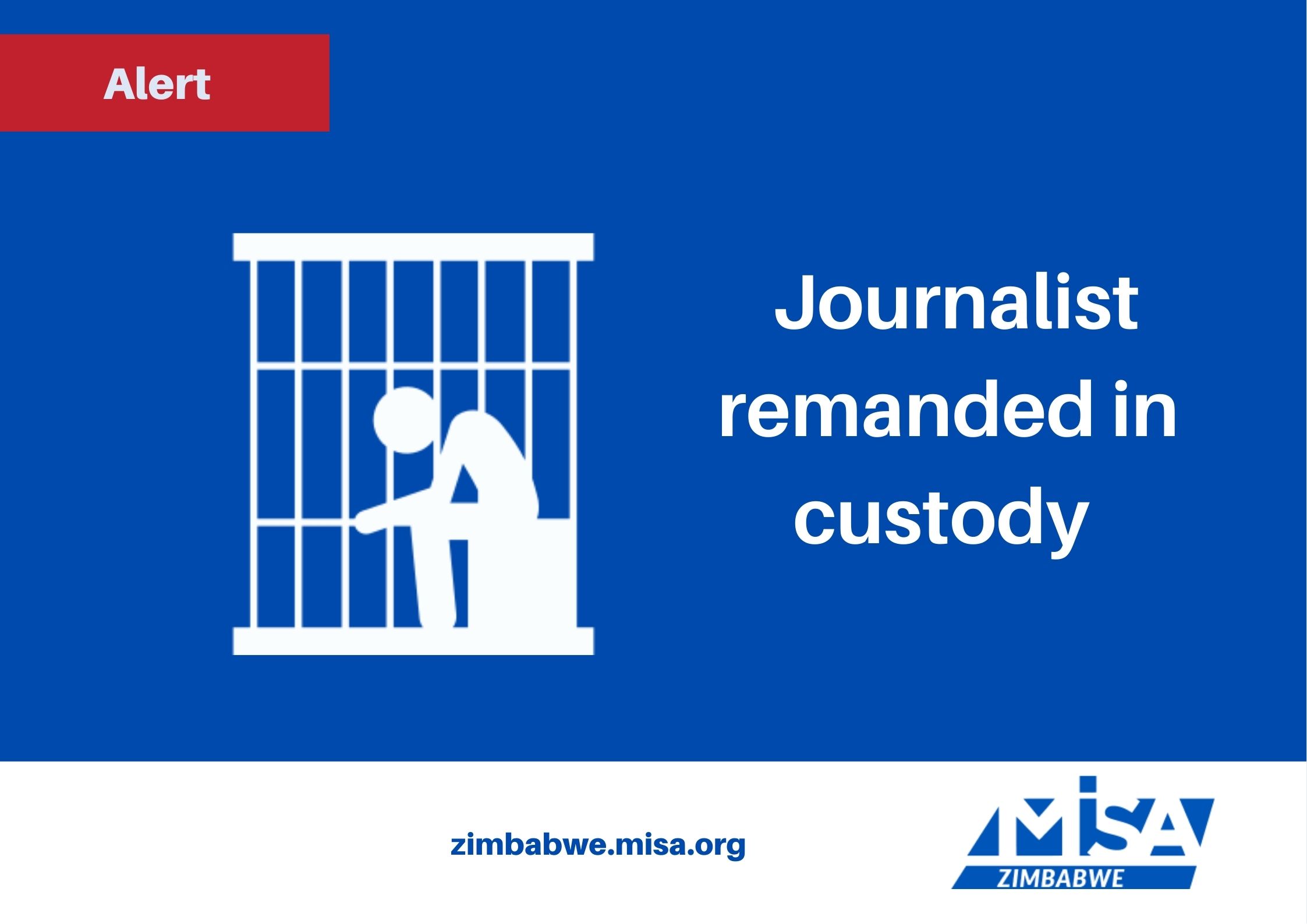This year’s International Day to End Impunity for Crimes Against Journalists (IDEI), commemorated annually on 2 November, offers Zimbabwe the opportunity to reflect on how best it can improve its international press freedom rankings.
The commemorations are being held under the theme: Safety of Journalists in Crises and Emergencies.
Zimbabwe moved 10 places from 126 in 2023 to 116 in 2024 in Reporters Without Borders’s World Press Freedom Index rankings. This came on the backdrop of reductions in media freedom violations last year, culminating in an improved media operating environment during Zimbabwe’s 2023 election season.
In 2023, MISA Zimbabwe recorded 16 incidents of media freedom violations compared to 24 in 2022. This marked a 33.3 percent decrease in media violations in 2023.
Encouragingly, as the year ends, MISA Zimbabwe has recorded seven (7) incidents of media freedom violations to date, compared to the 14 recorded by this time last year.
According to UNESCO, impunity for lethal and non-lethal attacks against journalists perpetuates a cycle of violence, which is a key indicator in ensuring public access to information and protection of fundamental freedoms.
Impunity damages societies by covering up severe human rights abuse, corruption and crime.
Globally, women journalists, in particular, face increasing attacks, verbal, physical, offline and online, attacks of a gender-specific nature, such as sexist hate speech, trolling, sexual assault and rape, and murder.
With that in mind, MISA Zimbabwe is pushing for the implementation of the African Commission on Human and Peoples’ Rights (ACHPR) Resolution 522 on the Protection of Women Against Digital Violence in Africa.
Resolution 522 highlights that “digital violence is increasingly gendered and disproportionately affects women, through inter alia threats of sexual violence, misogynistic disinformation campaigns and “revenge pornography…”
The Resolution encourages member states to undertake measures to safeguard women journalists from digital violence, including gender-sensitive media literacy and digital security training. It also calls on member states to facilitate cooperation between law enforcement and service providers to identify perpetrators and gather evidence for online harms.
As highlighted by UNESCO, IDEI is thus an occasion to commemorate the memory of killed journalists, highlight the risks that journalists take to do their job, call for accountability for crimes committed against them, and reaffirm commitment to the protection and safety of journalists while doing their work.
In that regard, governments, civil society, the media, and “everyone concerned” should uphold the rule of law and join in the global effort to raise awareness on the need to end impunity for crimes against journalists.
The police should, therefore, investigate cases involving the assault of journalists while conducting their lawful professional duties and bring the culprits to book. This will go a long way in ending impunity for crimes against journalists.
MISA Zimbabwe, therefore, reiterates its call for Zimbabwe to adopt and localise the United Nations (UN) Plan of Action on the Safety of Journalists and the Issue of Impunity.
The Plan of Action is anchored on four fundamental pillars: Prevention, Protection, Prosecution and Partnerships.
MISA Zimbabwe Statement on International Day to End Impunity for Crimes against Journalists
Passmore Kuzipa
Chairperson MISA Zimbabwe













